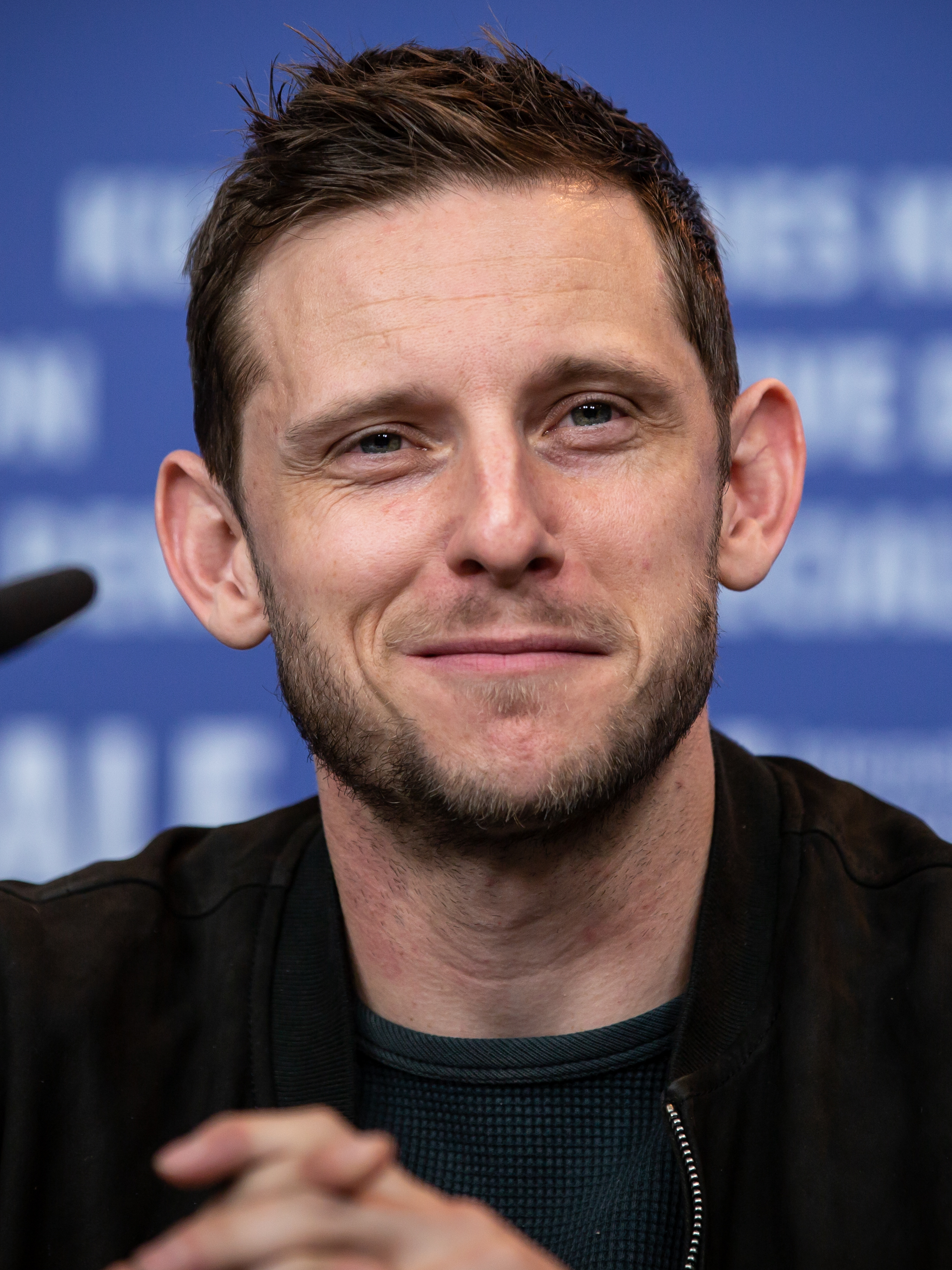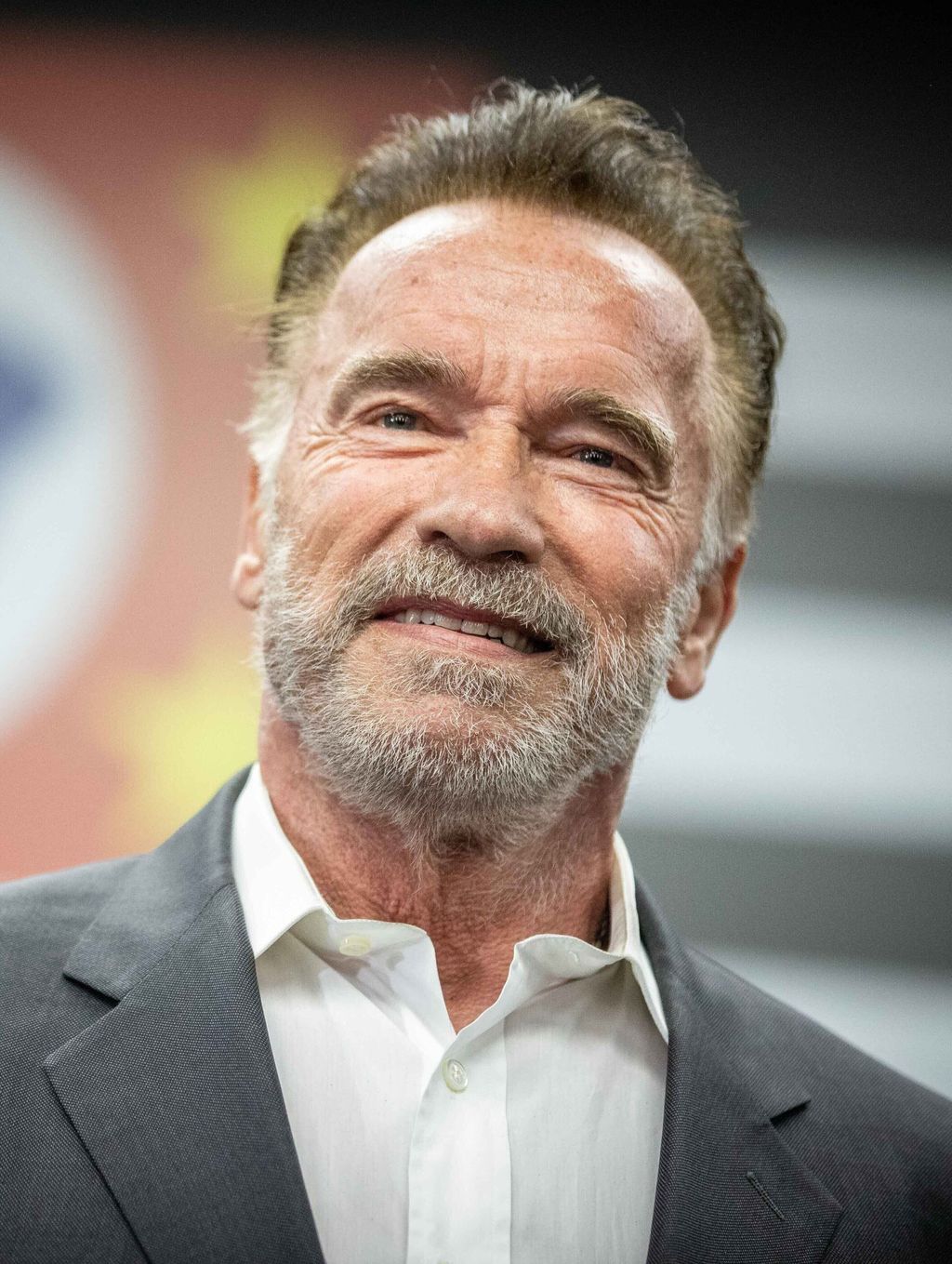
The landscape of Hollywood is littered with compelling narratives of ascent, but few rival the sheer, audacious trajectory of Arnold Schwarzenegger. An Austrian immigrant who conquered bodybuilding, he arrived in America with an almost mythic ambition, a singular vision for his future that seemed almost preordained. While his imposing physique and relentless work ethic certainly paved the way, it was a low-budget science-fiction thriller released 40 years ago that would irrevocably alter his course, transforming a promising actor into an undeniable global superstar and cultural phenomenon. The Terminator, a film that continues to resonate with audiences for its prescient themes and relentless action, wasn’t just a movie for Schwarzenegger; it was a crucible, shaping his craft, solidifying his brand, and fundamentally redefining what was possible for his career.
Before James Cameron’s masterpiece, Schwarzenegger had already made a splash with films like *Conan the Barbarian*, showcasing his physical prowess. Yet, *The Terminator* tapped into something deeper, something more primal and strategic about his screen presence. It was a role that, surprisingly, challenged his established heroic archetype and allowed him to explore new dimensions of performance, albeit within the confines of a soulless machine. This film didn’t just give him a catchphrase; it gave him a blueprint for navigating Hollywood, leveraging his perceived weaknesses, and building an empire. It revealed the underlying genius of his self-construction, a narrative he openly shared with the world.
Indeed, the story of Arnold Schwarzenegger and *The Terminator* is more than just an actor finding his signature role; it’s a masterclass in calculated risk, strategic branding, and the power of a performer who understood his unique appeal better than anyone else. It’s a testament to how one role can reverberate through an entire career, influencing everything from performance choices to political aspirations, and cementing a legacy that transcends the silver screen. We’re about to delve into the initial, seismic shifts this iconic film brought to the life and career of a man who truly embodies the term ‘self-made superstar’.
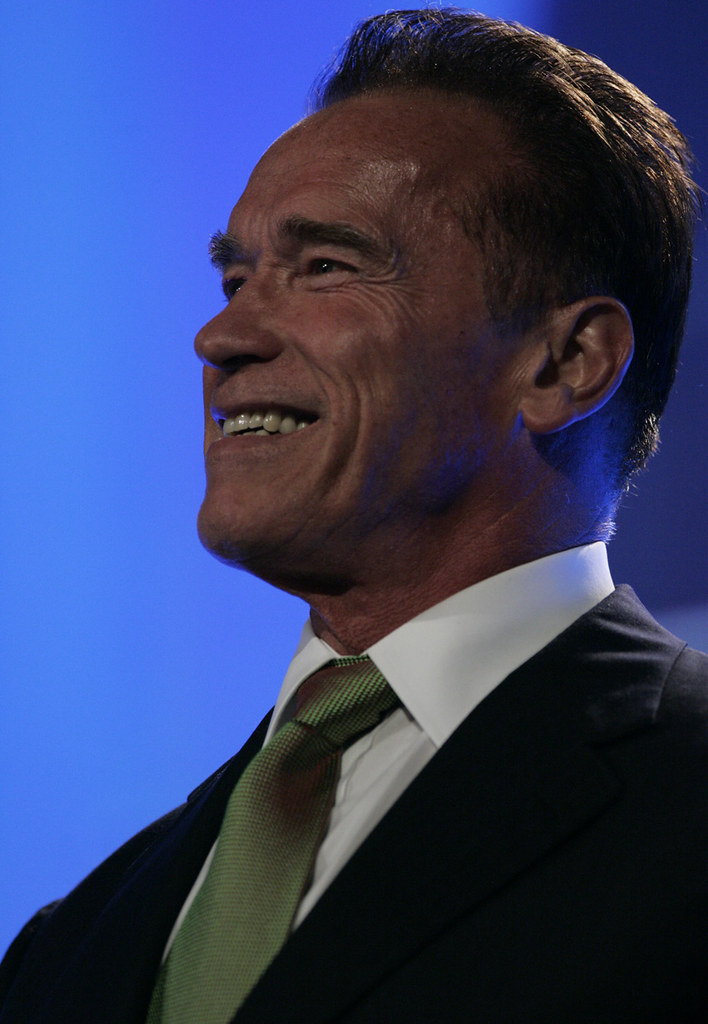
1. **Embracing the Villain: A Daring Career Pivot**When Arnold Schwarzenegger was presented with the script for *The Terminator*, his initial offer was to play the heroic Kyle Reese, the resistance fighter sent back in time. However, a deep dive into the screenplay sparked a different, far more intriguing idea in his mind. He found himself drawn not to the conventional hero, but to the chillingly efficient, emotionless antagonist – the Terminator model T-800. This was a bold and unconventional choice for an actor who, as he himself noted, had “played all along always the hero, like in the Conan movies, for instance.”
Schwarzenegger articulated his fascination with the character, likening it to Yul Brynner’s iconic performance in *Westworld*, where Brynner portrayed someone “with no emotions and with no feelings and no pity for anything.” He recognized the unique dramatic potential in playing such a detached entity, a character that could operate outside the conventional moral framework of a protagonist. This was not merely an artistic preference; it was a strategic career move, a “big step forward,” as it presented him with a role that didn’t primarily “rely on physical development” in the same way his *Conan* films had.
His decision to pitch himself for the villain’s role to director James Cameron showcased his innate understanding of his own screen presence and what truly captivated an audience. It was a calculated risk that allowed him to break free from the emerging typecast of the muscle-bound hero and explore a different facet of his acting capabilities. This pivot, from the conventional hero to the terrifying, relentless machine, proved to be an act of foresight, establishing a versatility that would become a hallmark of his career.
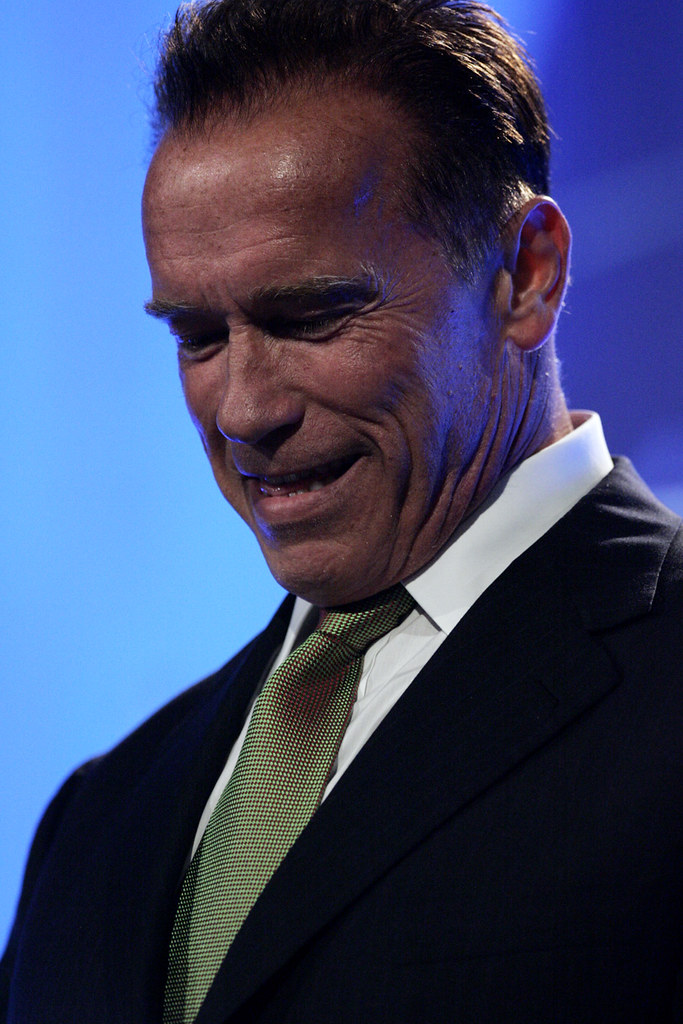
2. **The Genesis of an Action Icon: Cementing Stardom**While *Conan the Barbarian* certainly marked Schwarzenegger’s initial breakthrough as a leading man, it was *The Terminator* that unequivocally launched his career into the stratosphere of action cinema. As Schwarzenegger himself reflected during a San Diego Comic-Con panel, “Terminator was the movie that really launched my action movie career… From that moment on, everything has changed in my life.” The film transcended mere box office success, earning widespread critical acclaim that *Conan* had not quite achieved, and cementing his status as an action star in the public eye.
Prior to *The Terminator*, the film industry had viewed Schwarzenegger with a degree of skepticism. Agents and producers often expressed doubts about his thick Austrian accent and muscular physique, questioning his viability as an A-list actor beyond niche roles. *The Terminator* decisively silenced these doubts. It demonstrated that Schwarzenegger possessed not just physical presence, but a magnetic screen charisma that could carry a film, even one where his dialogue was sparse.
This film didn’t just grant him success; it solidified his brand. The image of the relentless, unyielding T-800 became synonymous with Schwarzenegger himself, a powerful archetype that audiences instantly recognized and gravitated towards. It transformed him from a promising bodybuilder-turned-actor into a genuine, formidable action icon, establishing the foundation for a career filled with high-octane blockbusters and enduring global fame.
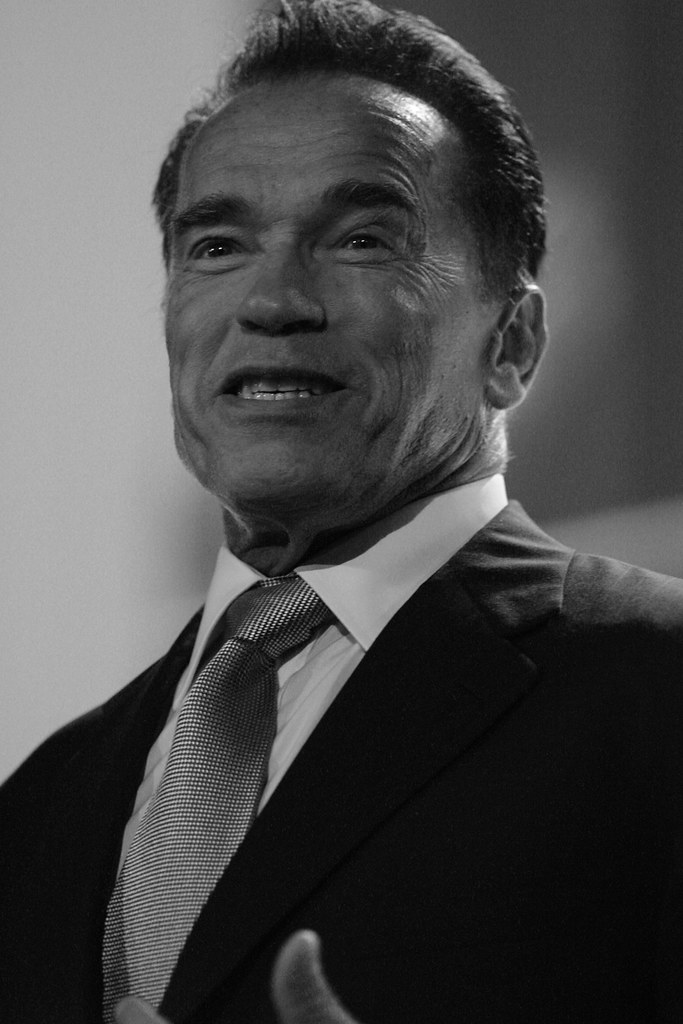
3. **From Screen to Culture: The Phenomenon of “I’ll Be Back”***The Terminator* didn’t just launch a career; it created a cultural phenomenon, with Arnold Schwarzenegger at its epicenter. The film’s impact resonated far beyond the box office, seeping into the vernacular and collective consciousness of audiences worldwide. Its few, precisely delivered lines became instantly recognizable, none more so than the chillingly simple, yet profoundly impactful, phrase: “I’ll be back.” This line transcended mere dialogue, evolving into a career-defining catchphrase for Schwarzenegger, one that people continue to quote and mimic decades later, often attempting his distinctive accent.
The film’s cultural significance was formally recognized when it was selected for preservation in the National Film Registry, a testament to its enduring impact on American cinema. Furthermore, the American Film Institute acknowledged the Terminator character as one of the best movie villains of all time, underscoring the profound effect Schwarzenegger’s portrayal had on audiences. His theory on the character’s immense appeal was that the Terminator represented “the inner rage that people often try to suppress,” offering a vicarious release for desires that society normally forbids.
Schwarzenegger mused that people admired the character because he was “able to do things they all wanted to do,” such as wiping out a police station when frustrated. This unique connection between the character’s destructive freedom and the audience’s suppressed impulses elevated *The Terminator* beyond a simple sci-fi thriller, making it a profound commentary on human nature. It solidified Schwarzenegger’s place not just as an actor, but as a pivotal figure in pop culture, forever linked to a character that tapped into universal, if often unacknowledged, feelings.
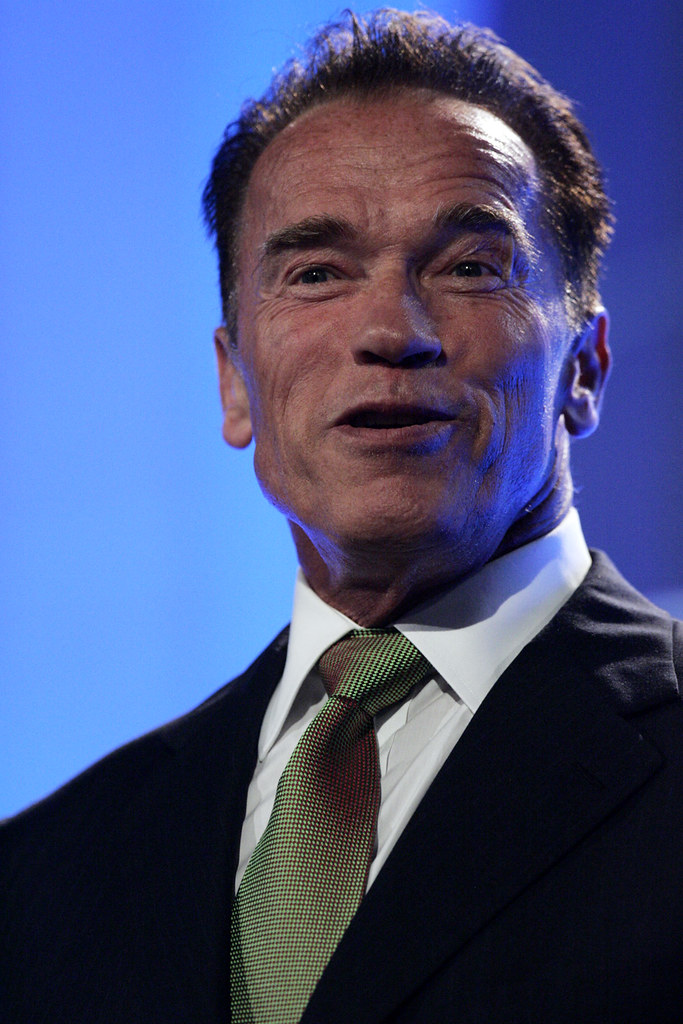
4. **Crafting the Unfeeling Machine: Mastery of Physicality and Weaponry**To convincingly embody a cybernetic assassin, Schwarzenegger had to undergo a transformation that extended far beyond his already formidable physique. His commitment to the role demanded the acquisition of an entirely new, highly specialized skillset – specifically, the fluid and deadly handling of futuristic weaponry. He understood that the character’s credibility hinged on making every movement, particularly those involving firearms, appear instinctual and mechanically perfect.
As he revealed, his preparation for *The Terminator* was rigorous and immersive. He “spent hours blindfolded every day, practising how to take apart and reassemble futuristic weapons,” aiming to achieve an innate familiarity with the instruments of destruction that would be utterly convincing on screen. This intensive, almost meditative practice allowed him to internalize the mechanics of the weapons, transforming complex actions into automatic, machine-like motions, reflecting the T-800’s programmed efficiency.
His dedication extended to the shooting range, where he honed his proficiency with a diverse array of firearms. In his memoir, *Total Recall*, Schwarzenegger recounted, “I worked with guns every day before we filmed, and for the first two weeks of filming I practiced stripping and reassembling them blindfolded until the motions were automatic.” This unwavering commitment to practical training ensured that when the cameras rolled, every gun-handling sequence was executed with the chilling precision of a machine, adding an unparalleled layer of authenticity to his performance.
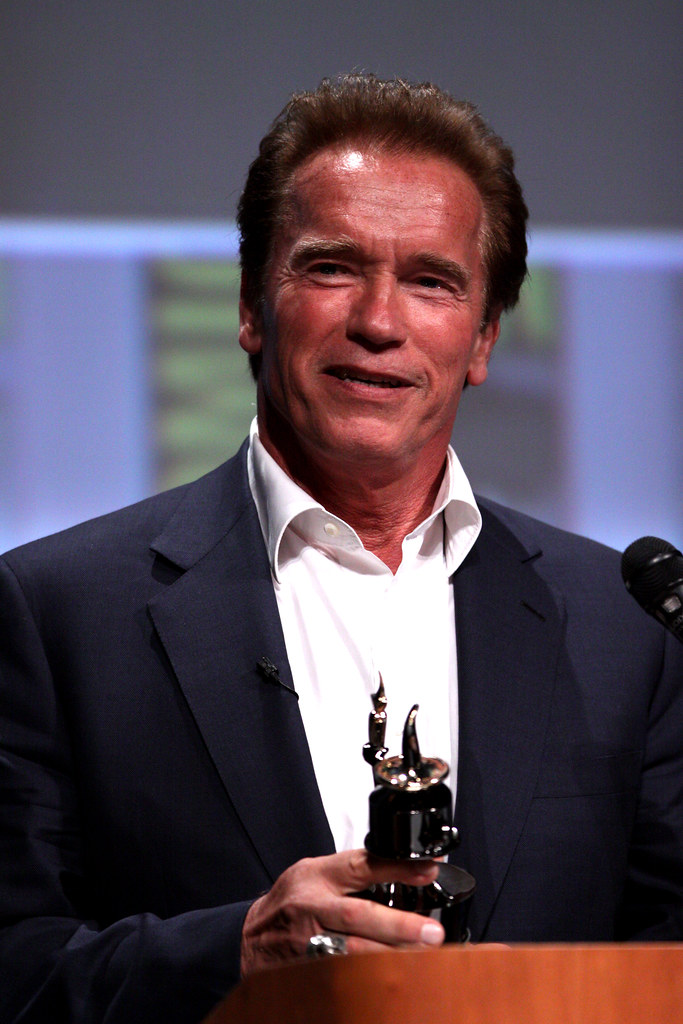
5. **The Precision of Terror: Mechanical Movement and Unblinking Focus**Beyond mastering weaponry, Schwarzenegger and James Cameron delved deeply into the minutiae of the Terminator’s physical presence, meticulously crafting every movement and expression to convey its terrifying, inhuman nature. Their collaboration was marked by an obsessive attention to detail, recognizing that the essence of a machine lay not just in its strength, but in its absolute lack of human foibles and emotional tells. This commitment to precision aimed to make the T-800 appear more machine than man, creating a truly unsettling villain.
One of the most striking decisions made was that the Terminator should never blink. This seemingly small detail had a profound impact, contributing significantly to the character’s unnerving, unfeeling gaze. Schwarzenegger managed to largely achieve this in the first film, and for the sequel, *Terminator 2: Judgment Day*, he adopted a perfectionist mindset, declaring to Cameron, “There’s no room for mistakes. There will be no blinking, ever.” This dedication ensured a constant, unwavering intensity that amplified the character’s relentless pursuit.
Another ingenious touch came from Schwarzenegger himself during a scene where the Terminator is searching for Kyle Reese and Sarah Connor in a parking garage. He proposed an idea to Cameron: to move his eyes first, and then his head, reminiscent of “a shark scanning for its prey.” Cameron loved the concept, noting it reminded him of surveillance cameras, perfectly encapsulating the T-800’s predatory, analytical nature. These deliberate, mechanical movements, coupled with an unblinking stare and fluid efficiency in handling guns, transformed Schwarzenegger’s portrayal into a masterclass of controlled, chilling performance, deeply embedding the character’s terror in the audience’s mind.
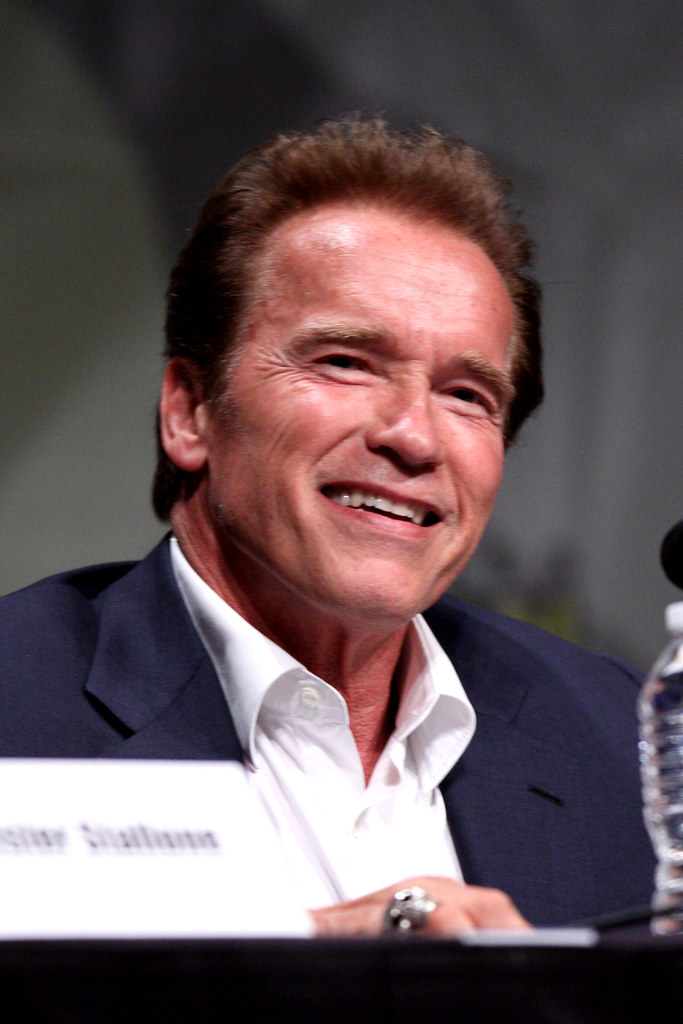
6. **The Unexpected Advantage: His Distinctive Austrian Accent**For many aspiring actors, a strong, distinctive accent can be perceived as a significant impediment to mainstream success. Arnold Schwarzenegger faced this challenge head-on early in his career. His “strong Austrian accent” was seen as a considerable “weakness” by agents and casting directors, who bluntly told him it would severely limit his opportunities. He recalled being told that he had “very little chance in this profession simply because there is no one that we know who has come from Europe that has really gone through the roof, that has made it really huge in this business.” They worried he would be perpetually typecast, perhaps as a “bouncer or a Nazi officer.”
Test audiences for his earlier films found his accent “frightening and intimidating,” a factor that only fueled the industry’s skepticism. Yet, with *The Terminator*, what was once deemed a liability was ingeniously transmuted into one of his greatest assets. His accent, far from hindering the portrayal of a machine, lent an otherworldly, almost artificial quality to the Terminator’s voice, perfectly complementing its robotic nature. It provided an additional layer of detachment, making the character’s pronouncements even more chilling and memorable.
James Cameron himself later commented on this unexpected synergy, noting, “Somehow, even his accent worked. It had a strange, synthesized quality, like they hadn’t gotten the voice thing quite worked out.” This perception underscored how Schwarzenegger’s unique vocal cadence, initially a barrier, ultimately became an intrinsic part of the T-800’s iconic presence. It transformed a supposed disadvantage into a distinctive, character-defining trait, proving that sometimes, what the industry perceives as a flaw can, in the right context, become a powerful, unforgettable signature.
The initial, immediate reverberations of *The Terminator* set the stage, but the true measure of its impact on Arnold Schwarzenegger’s career unfolded over decades. This film wasn’t merely a stepping stone; it was a foundational text, a masterclass in self-definition that he would reference, build upon, and ingeniously leverage through every subsequent phase of his remarkable life. From Hollywood blockbusters to political office, the shadow – or perhaps, the steely gleam – of the T-800 has consistently shaped his narrative, proving that some roles transcend the screen to become integral to one’s very identity.
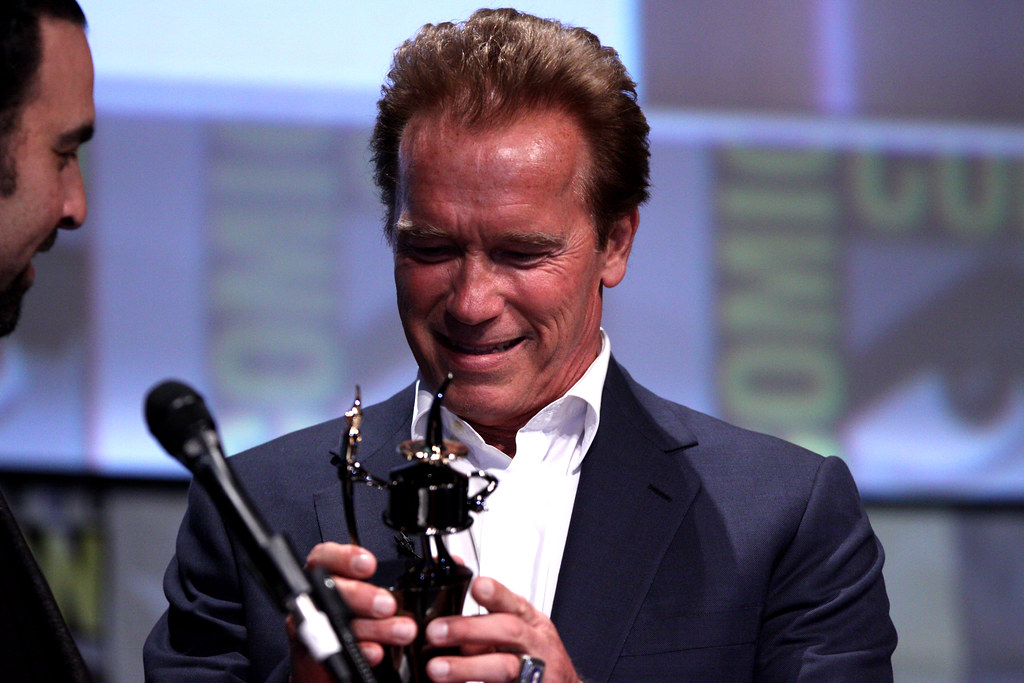
7. **The Architect of His Own Stardom: A Marketing Masterclass**Arnold Schwarzenegger wasn’t just an actor playing a part; he was, from the very beginning, a master marketer, an architect of his own public persona. The Terminator provided the perfect vehicle for this innate genius, allowing him to subtly and overtly craft a narrative that captivated the media and the public alike. Long before the film’s success, he had a clear vision, famously stating at the Cannes Film Festival that his body was “a vehicle to break into the films,” a temporary measure “until I’m established in acting.” This wasn’t naive ambition; it was a blueprint.
The British writer and broadcaster Clive James, in his series *Fame in the Twentieth Century*, shrewdly observed Schwarzenegger’s unique approach to celebrity. James famously likened Schwarzenegger to “the first fully self-constructed superstar,” noting that for his breakthrough, he “played himself – that is, an android; somebody someone had built. And somebody had built him – he had.” This insight underscores how Schwarzenegger blurred the lines between his carefully sculpted physique and the mechanical precision of the Terminator, presenting a unified, compelling image.
Crucially, Schwarzenegger understood the power of transparency in an era of manufactured celebrity. James highlighted that his “brightest move of all was to let the media in on his secret,” appreciating “the way he didn’t hide the hustle.” This candidness, this willingness to discuss his ambitious plans and relentless work ethic, transformed his career into a captivating story in itself. *The Terminator* became the undeniable proof of concept for this audacious strategy, a testament to what unwavering ambition, paired with shrewd self-promotion, could achieve.
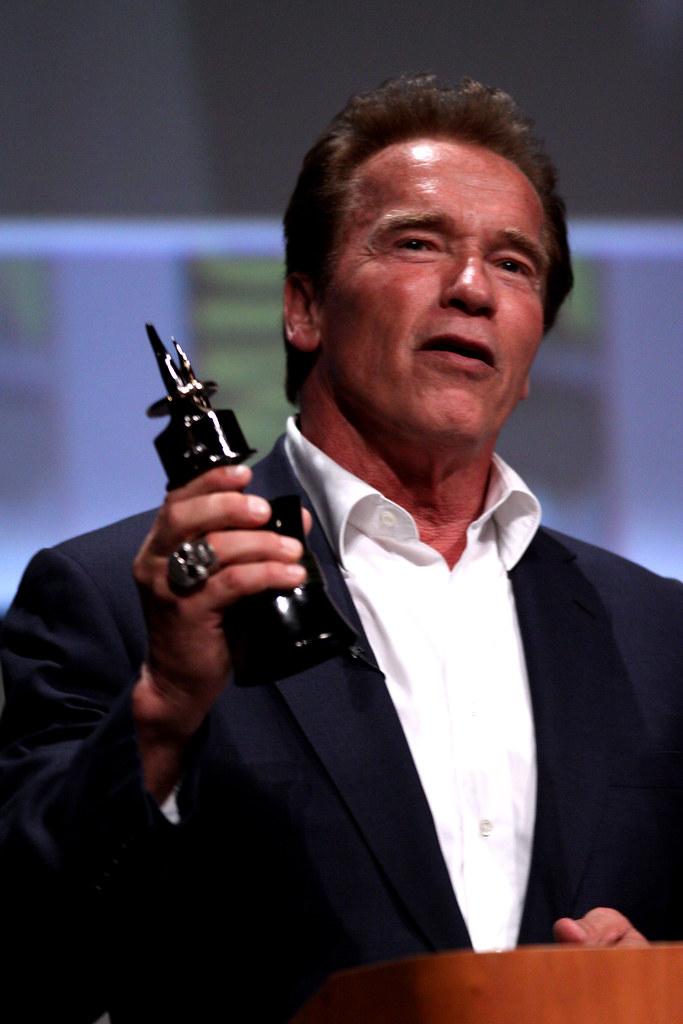
8. **Beyond Typecasting: Seizing Diverse Opportunities**One of Schwarzenegger’s most significant challenges post-*Conan the Barbarian* was the pervasive fear of typecasting. Industry skeptics believed his muscular physique and accent would relegate him to a narrow band of roles – perhaps a “bouncer or a Nazi officer,” as he was once told. *The Terminator*, however, unexpectedly shattered these genre constraints, proving his commercial viability and opening doors to an astonishingly diverse range of projects. It was a testament to his stated desire to “be able to get roles in many different areas rather than just get typecast.”
The film’s success gave him the leverage to break free from the sword-and-sorcery genre, ushering in a new era of high-concept science-fiction epics like *Total Recall* and *Predator*. These films capitalized on his action-hero persona but also demanded more nuanced performances, demonstrating his growth as an actor within the blockbuster landscape. The T-800, a character that embodied relentless force, ironically liberated him to explore different facets of his screen presence.
Perhaps the most surprising pivot came with his foray into family-friendly comedies such as *Twins*. This genre shift, a stark contrast to the relentless killer he portrayed in *The Terminator*, was a marketing masterstroke, reaching out to “ever expanding demographics.” It showcased an unexpected comedic timing and a willingness to subvert his tough-guy image, all while leveraging the global recognition the Terminator had afforded him. This strategic diversification was a clear demonstration of Schwarzenegger’s ability to seize opportunities and evolve beyond the confines of a single, iconic role.
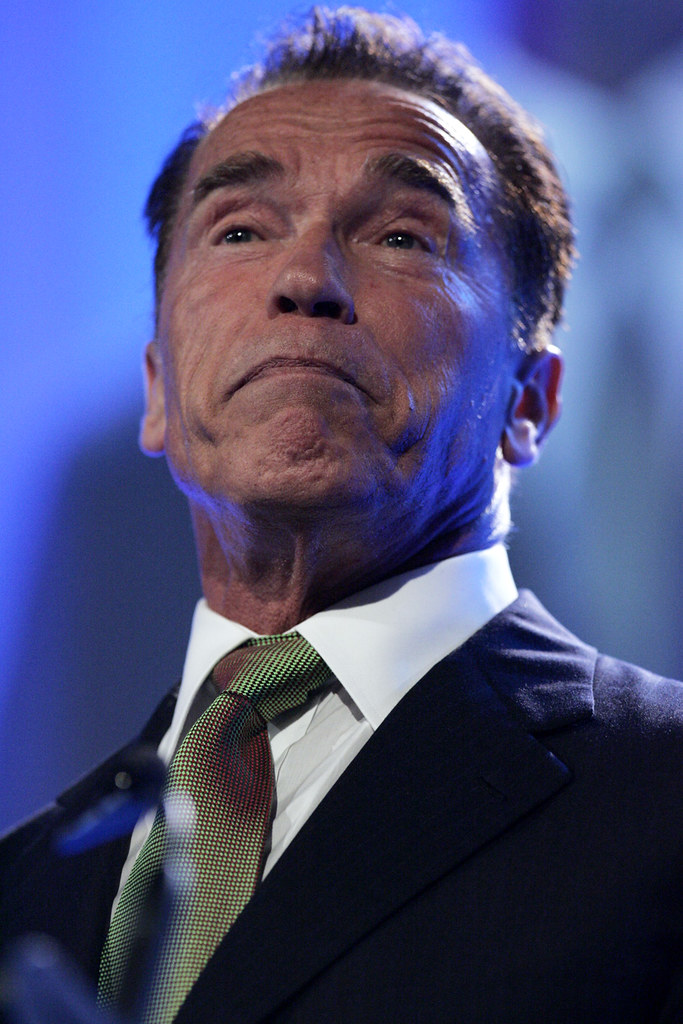
9. **Forging Unbreakable Bonds: Lifelong Friendships**The intense, collaborative environment of *The Terminator* and its subsequent sequel, *Terminator 2: Judgment Day*, fostered deep and enduring professional and personal relationships for Arnold Schwarzenegger. Chief among these were his bonds with director James Cameron and co-star Linda Hamilton. These connections weren’t merely transactional; they evolved into lifelong friendships built on mutual respect, shared triumphs, and the crucible of creating cinematic history together.
Schwarzenegger openly acknowledges Cameron as a pivotal figure in his success, a person who profoundly shaped his career. While he playfully refers to Cameron as a “control freak,” he also admits that the director “almost always makes the right call,” leading to an immense amount of respect. This dynamic, born from early disagreements like the “I’ll be back” line, solidified a trust that allowed Schwarzenegger to yield to Cameron’s artistic vision, contributing to their shared success. He even humbly posted on Twitter, sharing Cameron’s original storyboards and stating, “You are a big reason that I can never call myself self-made.”
The camaraderie extended to his on-screen partner, Linda Hamilton, who portrayed Sarah Connor. Their reunion for *Terminator: Dark Fate*, decades after their initial collaboration, was met with palpable enthusiasm. Hamilton herself expressed the deep connection, noting, “I don’t know if I can qualify it, but I know we’re both still standing and there was just a comradeship and a deep affection I felt this time.” These lasting friendships underscore how *The Terminator* was not just a career milestone, but a profound personal experience that enriched Schwarzenegger’s life with enduring human connections within the often-transient world of Hollywood.
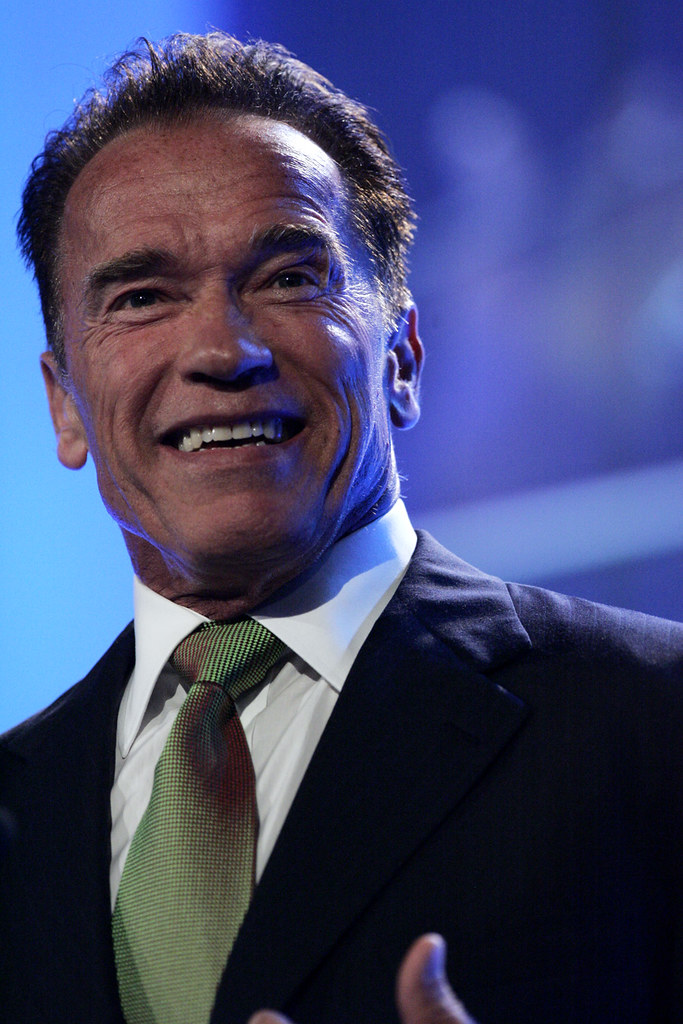
10. **Navigating the Peaks and Valleys: Lessons from Setbacks**Even for an actor of Arnold Schwarzenegger’s stature, whose career trajectory seemed almost impossibly charmed by *The Terminator*’s success, the path was not without its missteps and disappointments. The relentless pursuit of growth and new challenges inevitably brought with it moments of critical and commercial failure, offering invaluable lessons in resilience. His 1993 film, *Last Action Hero*, stands out as a prime example of such a setback.
Intended as a satirical send-up of the very action blockbusters that had defined his career, *Last Action Hero* was met with a lukewarm reception and underperformed at the box office. Schwarzenegger openly acknowledged it as one of his “biggest disappointments,” lamenting that the “idea had potential, but the execution was off.” For an actor accustomed to widespread adoration and box-office triumph, this experience could have been profoundly demoralizing.
However, true to his character, Schwarzenegger processed this setback not as a defeat, but as a part of the professional journey. He reflected on the cyclical nature of public perception, stating, “One year I got all the great write-ups, that year I got the beating – it’s part of show business and it’s part of politics.” This pragmatic outlook, coupled with his mantra, “‘If you can’t take the heat, get out of the kitchen,'” demonstrated his unwavering fortitude. He learned to accept criticism as an inherent component of a high-profile career, transforming temporary failures into lessons that fortified his resolve for future endeavors, whether in film or later, in public service.
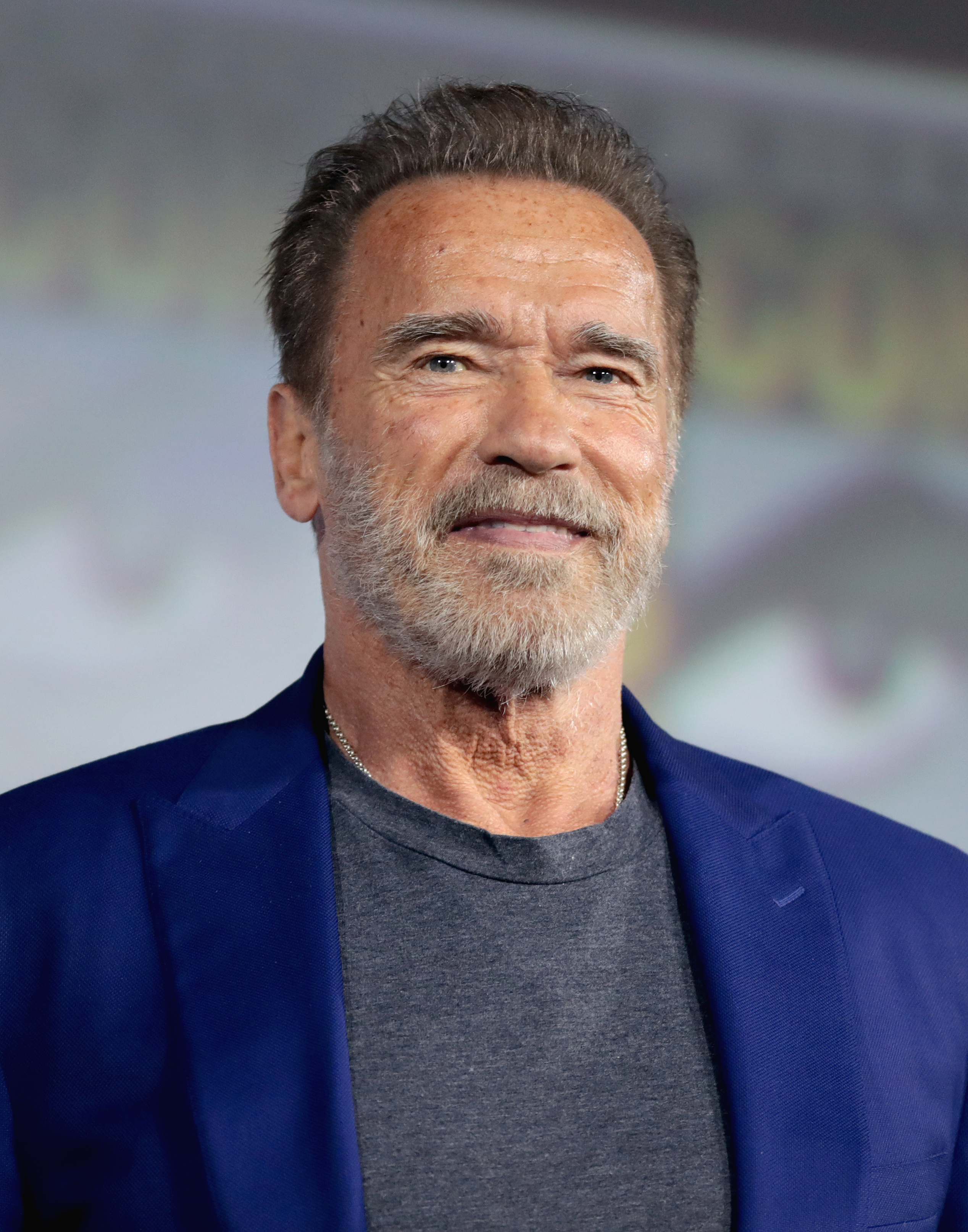
11. **The Governator’s Playbook: Political Leverage**The enduring resonance of *The Terminator* extended far beyond the silver screen, proving to be an unexpected, yet powerful, asset in Arnold Schwarzenegger’s audacious pivot to politics. When he successfully ran for Governor of California in 2003, his iconic film persona became an indelible part of his public image, earning him the fitting and widely adopted nickname: “The Governator.” This wasn’t mere coincidence; it was a calculated and strategic leveraging of a brand he had meticulously cultivated.
Schwarzenegger himself recognized and embraced this unique advantage. He understood that his constituents primarily knew him as the relentless, unwavering T-800, and he wasn’t shy about integrating this recognition into his political rhetoric. During a panel discussion at CinemaCon, he openly shared how he would incorporate lines from *The Terminator* into his speeches to simplify complex political concepts and make them more memorable for the public.
For instance, when addressing environmental issues like climate change, he found a direct and impactful way to connect with his audience through his cinematic past. He explained, “‘Terminate climate change!’ Very simple! It’s easier to say that, right? It’s all from Terminator. I could use this stuff over and over.” This ingenious strategy demonstrated how his action hero persona, forged in the fires of *The Terminator*, provided a unique platform for political communication, allowing him to cut through jargon and rally public support with the powerful, decisive image of the T-800.
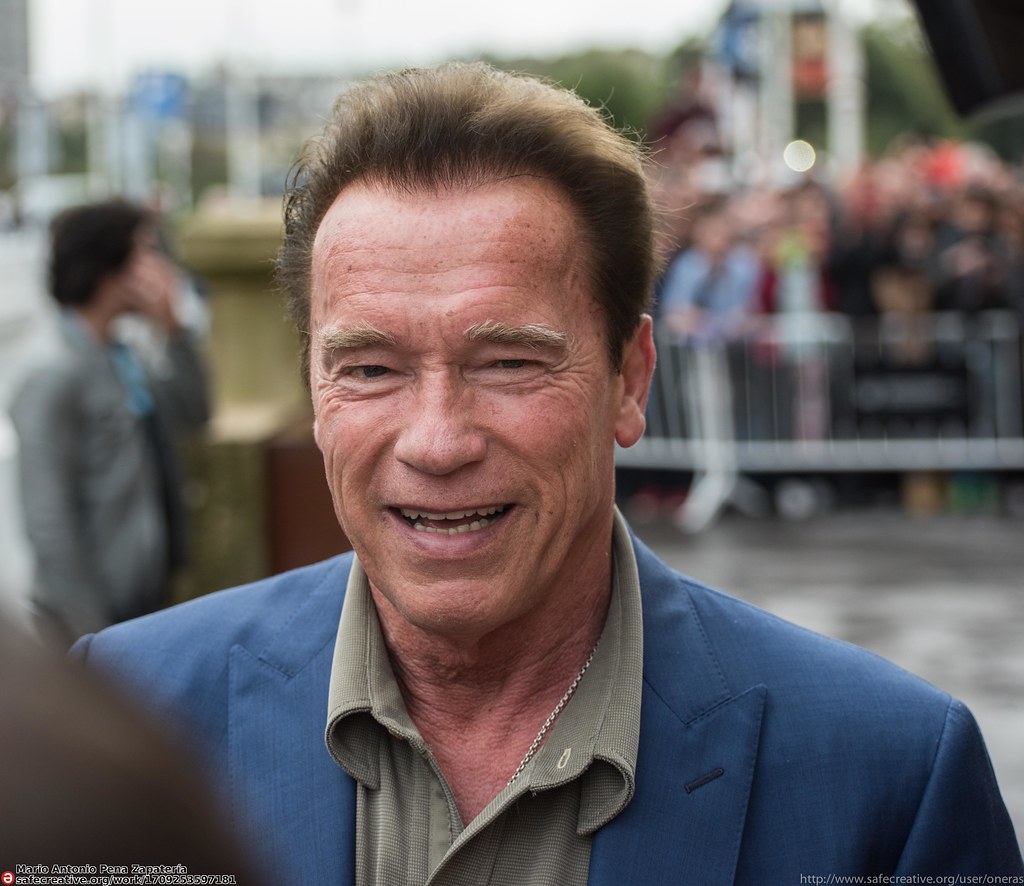
12. **An Enduring Legacy: The Undying Allure of the T-800**Decades after its initial release, *The Terminator* continues to hold a magnetic pull on Arnold Schwarzenegger. Unlike some actors who grow weary of revisiting signature roles, Schwarzenegger has consistently expressed an unwavering enthusiasm for embodying the T-800, returning to the franchise for multiple sequels, including the sixth installment, *Terminator: Dark Fate*. This sustained commitment is more than just professional obligation; it speaks to a deep personal connection and satisfaction derived from the character that fundamentally reshaped his life.
His declaration at San Diego Comic-Con, “Of course I need to come back, I’m addicted to Terminator,” powerfully conveys this enduring attachment. For Schwarzenegger, the decision to return to the iconic role is often not even a question, especially when it involves reuniting with his cherished collaborators, James Cameron and Linda Hamilton. These reunions are clearly a source of immense joy and professional fulfillment, reinforcing the bonds forged during the original films.
The T-800 is not merely a character he played; it’s a part of his identity, a testament to his journey and the pinnacle of his self-constructed superstardom. Even in his seventies, Schwarzenegger shows no signs of slowing down, and his willingness to repeatedly step back into the chrome-plated shoes of the Terminator signifies not just an enduring legacy for the character, but a profound and continuing satisfaction with a role that truly changed him forever.
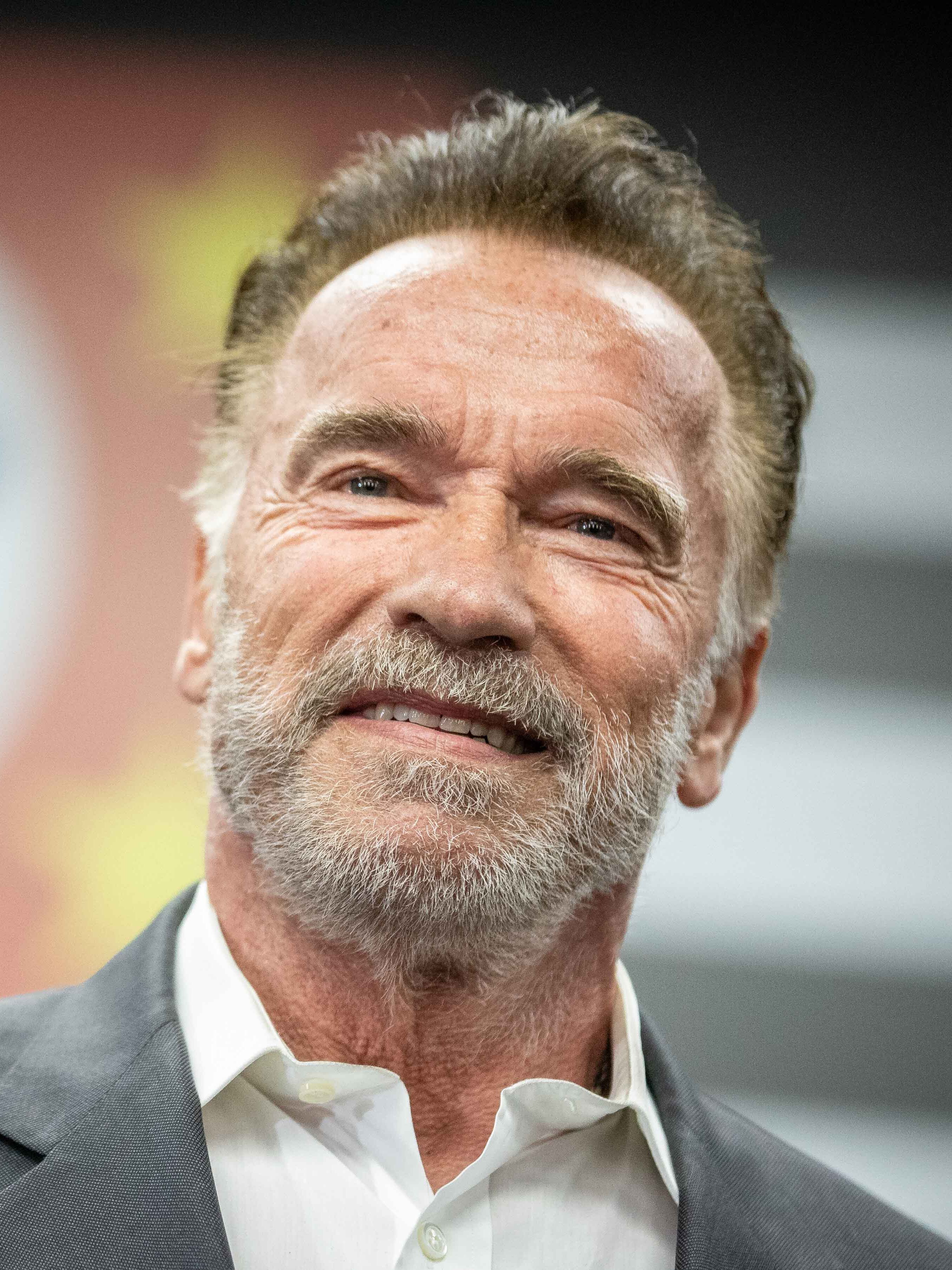
13. **The American Dream Realized: Overcoming Resistance and Unwavering Ambition**Arnold Schwarzenegger’s journey, profoundly influenced by *The Terminator*, is a quintessential embodiment of the American Dream, a testament to unwavering ambition and the power of self-belief in the face of considerable resistance. From his humble beginnings as an Austrian immigrant, he arrived in the United States with a set of seemingly impossible goals, yet systematically achieved each one, transforming from a world-champion bodybuilder into a global movie star and, ultimately, the Governor of California.
His early career was fraught with skepticism and outright discouragement. Agents and producers dismissed his “strong Austrian accent” and “freakishly muscular physique” as insurmountable impediments, telling him he had “very little chance in this profession.” He recalled the blunt assessment that “no one that we know who has come from Europe that has really gone through the roof, that has made it really huge in this business.” Yet, Schwarzenegger refused to be deterred, viewing these obstacles not as roadblocks, but as challenges to be meticulously planned for and overcome.
*The Terminator* proved to be the ultimate vindication of his vision. It not only silenced the doubters but transformed his perceived weaknesses into undeniable strengths, particularly his accent. Schwarzenegger identifies as an Austrian-American, profoundly grateful for the “great opportunities and endless possibilities” that the United States offered, where “a dream can come true – in my case, I’m the perfect example of that.” His entire life, culminating in the cultural omnipresence sparked by the T-800, stands as a powerful narrative of a ‘self-constructed superstar’ who, through relentless effort and strategic ingenuity, defied expectations and forged an unparalleled legacy.
From a low-budget science fiction thriller, *The Terminator* became the central pillar upon which Arnold Schwarzenegger built an empire. It wasn’t just a movie; it was a masterclass in career strategy, a crucible that forged deep professional bonds, and an unexpected springboard into the cutthroat world of politics. The T-800, that relentless, unfeeling machine, paradoxically unlocked the full, multifaceted potential of its performer. Schwarzenegger didn’t just play the Terminator; in many ways, the Terminator helped construct the Arnold Schwarzenegger we know today – a legend whose career, much like his most famous character, simply keeps coming back, undeniably and indelibly, forever.

